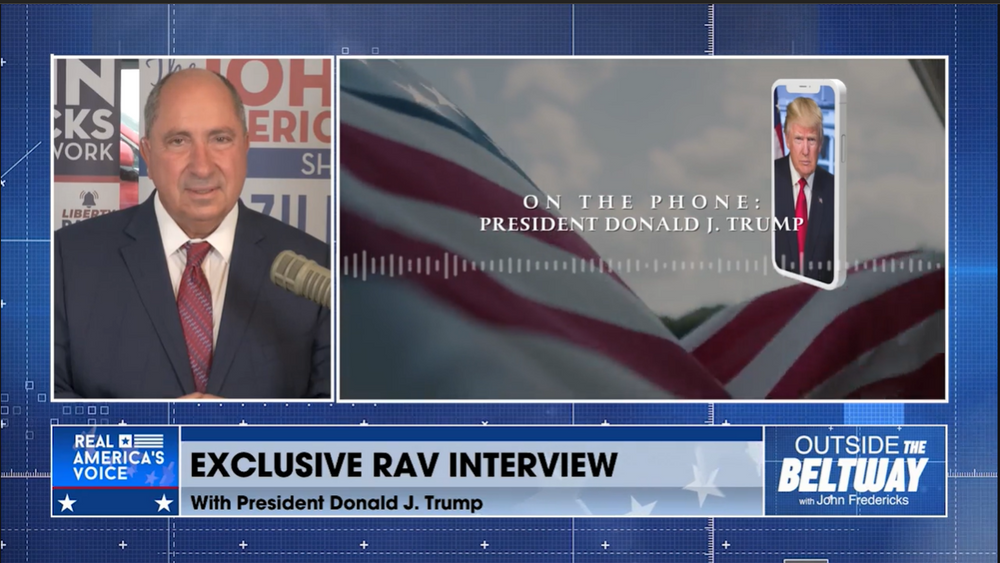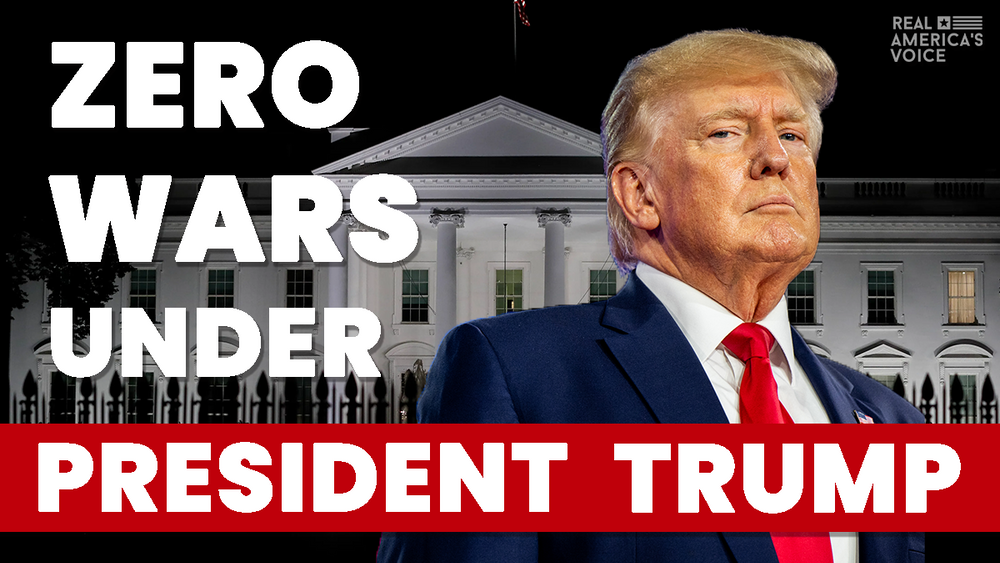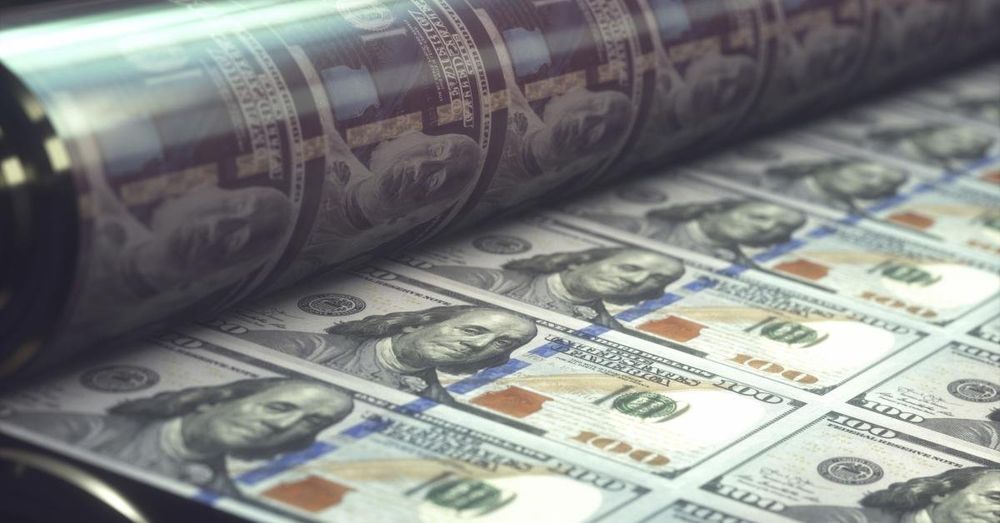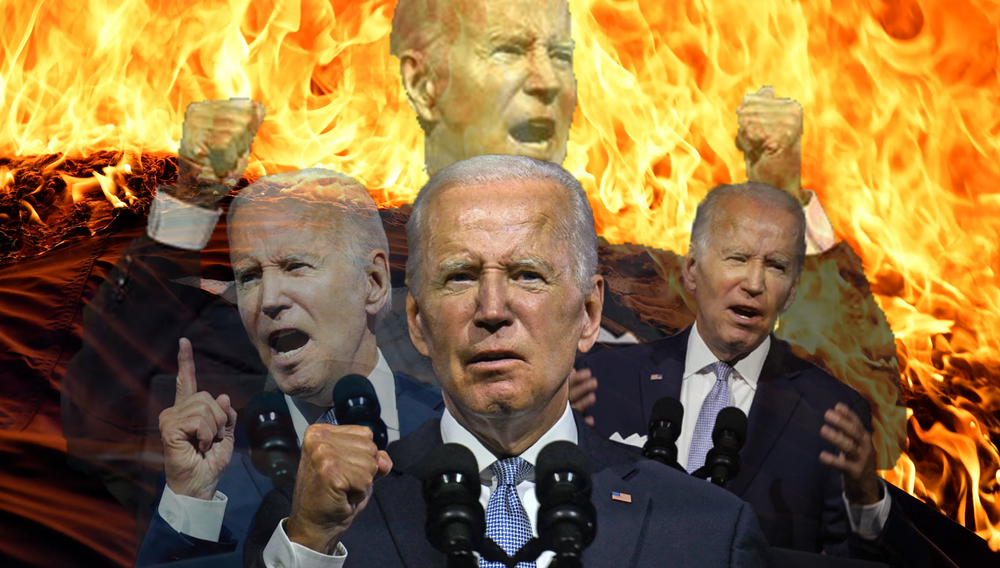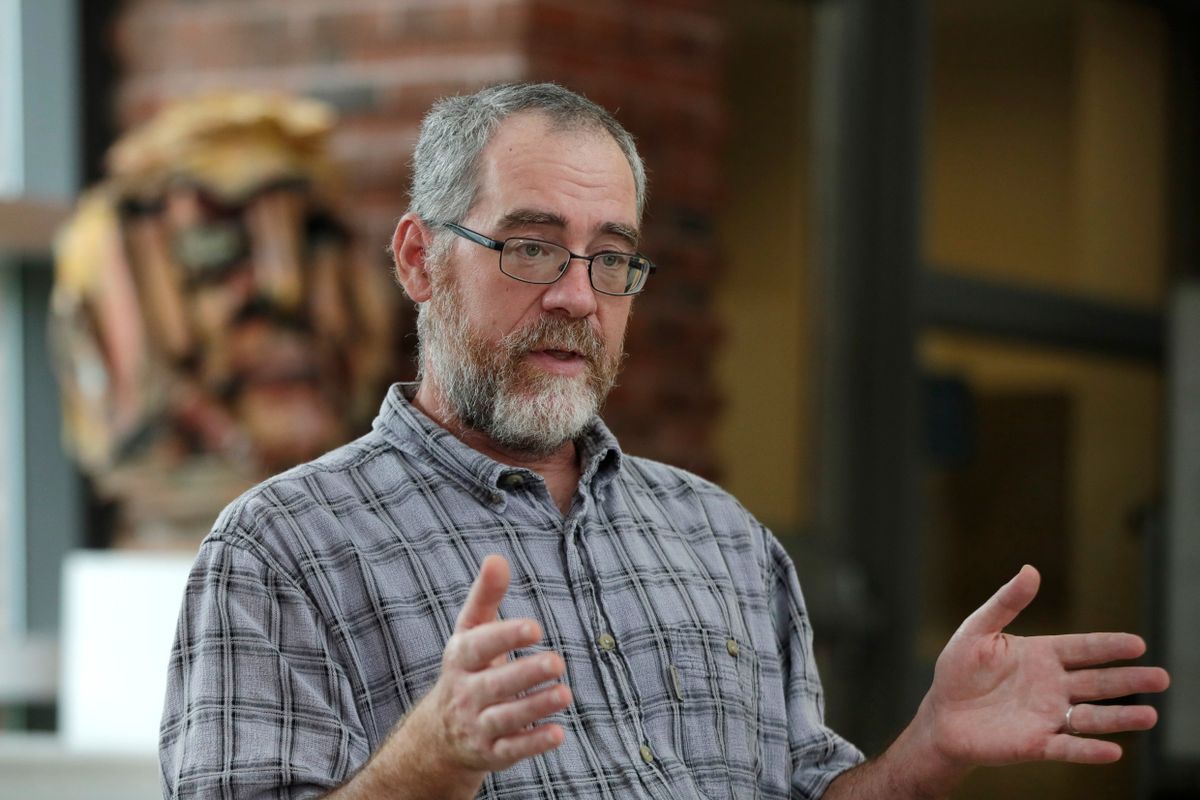
President’s Windmill Hatred is a Worry for Booming Industry
The winds are blowing fair for America’s wind power industry, making it one of the fastest-growing U.S. energy sources.
Land-based turbines are rising by the thousands across America, from the remote Texas plains to farm towns of Iowa. And the U.S. wind boom now is expanding offshore, with big corporations planning $70 billion in investment for the country’s first utility-scale offshore wind farms.
“We have been blessed to have it,” says Polly McMahon, a 13th-generation resident of Block Island, where a pioneering offshore wind farm replaced the island’s dirty and erratic diesel-fired power plant in 2016. “I hope other people are blessed too.”
But there’s an issue. And it’s a big one. President Donald Trump hates wind turbines.
He’s called them “disgusting” and “ugly” and “stupid,” denouncing them in hundreds of anti-wind tweets and public comments dating back more than a decade, when he tried and failed to block a wind farm near his Scottish golf course.
And those turbine blades. “They say the noise causes cancer,” Trump told a Republican crowd last spring, in a claim immediately rejected by the American Cancer Society.
Now, wind industry leaders and supporters fear that the federal government, under Trump, may be pulling back from what had been years of encouragement for climate-friendly wind.
The Interior Department surprised and alarmed wind industry supporters in August, when the agency unexpectedly announced it was withholding approval for the country’s first utility-scale offshore wind project, a $2.8 billion complex of 84 giant turbines. Slated for building 15 miles (24 kilometers) off Martha’s Vineyard, Vineyard Wind has a brisk 2022 target for starting operations. Its Danish-Spanish partners already have contracts to supply Massachusetts electric utilities.
Investors backing more than a dozen other big wind farms are lined up to follow Vineyard Wind with offshore wind projects of their own. Shell’s renewable-energy offshoot is among the businesses ponying up for federal leases, at bids of more than $100 million, for offshore wind farm sites.
The Interior Department cited the surge in corporate interest for offshore wind projects in saying it wanted more study before moving forward. It directed Vineyard Wind to research the overall impact of the East Coast’s planned wind boom.
Interior Department spokesman Nicholas Goodwin said offshore energy remains “an important component” in the Trump administration’s energy strategy. But the strategy includes “ensuring activities are safe and environmentally responsible,” Goodwin said in a statement.
Wind power now provides a third or more of the electricity generated in some Southwest and Midwest states. And New York, New Jersey and other Eastern states already are joining Massachusetts in planning for wind-generated electricity.
Along with the U.S. shale oil boom, the rise in wind and solar is helping cushion oil supply shocks like the recent attack on Saudi oil facilities.
But the Interior Department’s pause on the Vineyard Wind project sent a chill through many of the backers of the offshore wind boom. Critics contrast it with the Republican administration’s moves to open up offshore and Arctic areas to oil and gas development, despite strong environmental concerns.
“That I think is sort of a new bar,” for the federal government to require developers to assess the impact of not just their projects but everyone’s, said Stephanie McClellan, a researcher and director of the Special Initiative on Offshore Wind at the University of Delaware. “That worries everybody.”
Thomas Brostrom, head of U.S. operations for Denmark’s global offshore wind giant Orsted and operator of the pioneering Block Island wind farm, said that “the last three, four years have seen unbelievable, explosive growth, much more than we could have really hoped for,” in the U.S., compared to Europe’s already established wind power industry.
Given all the projects in development, “we hope that this is a speed bump, and certainly not a roadblock,” Brostrom said.
Wind power and the public perception of it have changed since America’s first proposed big offshore wind project, Cape Wind off Cape Cod, died an agonizing 16-year death. Koch and Kennedy families alike, along with other coastal residents, reviled Cape Wind as a potential bird-killing eyesore in their ocean views.
But technological advances since then mean wind turbines can rise much farther offshore, mostly out of sight, and produce energy more efficiently and competitively. Climate change — and the damage it will do these same coastal communities — also has many looking at wind differently now.
Federal fisheries officials have been among the main bloc calling for more study, saying they need to know more about the impacts on ocean life. Some fishing groups still fear their nets will tangle in the massive turbines, although Vineyard Wind’s offer to pay millions of dollars to offset any harm to commercial fishing won the support of others. At least one Cape Cod town council also withheld support.
A rally for Vineyard Wind after the Interior Department announced its pause drew local Chamber of Commerce leaders and many other prominent locals. Massachusetts’ Republican governor, Charlie Baker, has been traveling to Washington and calling Interior Secretary David Bernhardt to try to win his support.
At Cape Cod Community College in West Barnstable, instructor Chris Powicki’s Offshore Wind 101 classes and workshop have drawn nuclear and marina workers, engineers, young people and others. People are hoping wind will provide the kind of good-paying professions and trades they need to afford to stay here, Powicki says.
“Cape Cod has always been at the end of the energy supply line, or at least ever since we lost our dominance with the whale oil industry” after the 19th century, the community college instructor said. “So this is an opportunity for Cape Cod to generate its own energy.”
On land, the wind boom already is well established. By next year, 9% of the country’s electricity is expected to come from wind power, according to the U.S. Energy Information Administration. The wind industry already claims 114,000 jobs, more than twice the number of jobs remaining in U.S. coal mining, which is losing out in competition against cleaner, cheaper energy sources despite the Trump administration’s backing of coal.
The Trump animosity to wind power has gone beyond words in some states, especially in Ohio. A Trump campaign official was active this summer in winning a state ratepayer subsidy for coal and nuclear that also led to cutting state incentives for wind and solar.
But despite the steady gales of condemnation from the country’s wind-hater in chief, wind is booming most strongly in states that voted for Trump.
Then-Texas Gov. Rick Perry, now Trump’s energy secretary, pushed his state to one of the current top four wind power states, along with Oklahoma, Kansas and Iowa.
In Iowa, home to nearly 4,700 turbines that provided a third of the state’s electricity last year, wind’s popularity is such that Republican Sen. Chuck Grassley had a drone film him as he sat, grinning, atop one of the country’s biggest wind turbines.
Grassley had no patience for Trump’s claim in April that wind turbines like Iowa’s beloved ones could cause cancer.
“Idiotic,” Grassley said then.
On the East Coast, many developers and supporters of offshore wind politely demur when asked about Trump’s wind-hating tweets and comments.
But not on Block Island.
“We’re very fortunate that we got it. Very fortunate. It’s helped us,” McMahon, the retiree on Block Island, said of wind energy. “And don’t worry about the president. He’s not a nice man.”
 What’s Next as House Committees Launch Impeachment ProbesNext PostSanders Calls for ‘Income Inequality’ Taxes on Top Firms
What’s Next as House Committees Launch Impeachment ProbesNext PostSanders Calls for ‘Income Inequality’ Taxes on Top Firms
